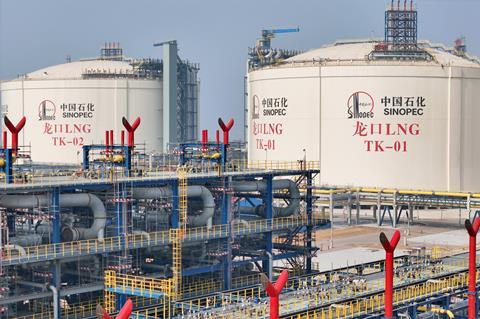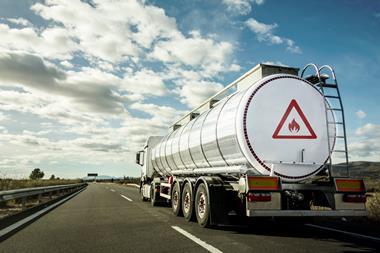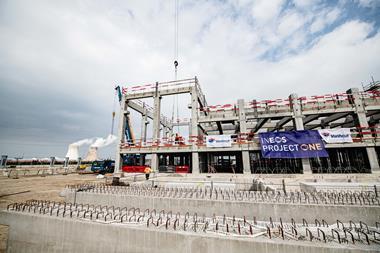The global petrochemicals landscape is undergoing a massive shift. According to a ranking of the top 100 chemicals firms by ICIS, China’s majority state-owned Sinopec has supplanted BASF at the top of the list, with three other Chinese firms in the top 10. That will come as no surprise to anyone with half an eye on this sector, since China has been supporting domestic firms to aggressively build new integrated petrochemicals plants to turn the country from a net importer of petrochemicals to an exporter.
That has left the rest of the world with significant excess supply of many basic chemicals, at a time when consumption is slowing, and hence demand for chemicals is either declining or not growing as quickly as predicted. As outlined in this report from consultants at Wood Mackenzie: ‘If your operations rely on a gas-based platform [such as US shale gas-fed plants], you remain in a comfortable position; if you run a large-scale, modern, integrated refinery, your asset is secure. However, those with older, non-integrated facilities face a high risk of closure.’

That means chemical producers in Europe and other parts of Asia, with the highest running costs due to energy and feedstock prices as well as operational scale, have been impacted most severely and have already implemented a barrage of plant closures. Examples include crackers and refineries in the UK and Europe run by Dow, ExxonMobil, LyondellBasell, Sabic, TotalEnergies and Versalis. Older facilities within China are also being scrapped to make way for newer, more integrated plants.
This downturn in profits leaves firms with less to invest, leading many to retreat to their core activities and hold off investment in areas such as decarbonisation. The World Bank’s Global gas flaring tracker report highlights that the amount of gas associated with oil extraction which is burned in flares (rather than being captured and used or sold) continued to increase by over 3 billion cubic metres (bcm) in 2024 – despite governments’ commitments to eliminate routine flaring by 2030. The report estimates that the gas lost to flaring was ‘almost equivalent to the total annual gas consumption in Africa, 162 bcm’, and would be worth an estimated £47 billion (calculated using EU import gas prices in 2024). Despite significant flaring reductions in Angola, Colombia, Indonesia and Kazakhstan, the World Bank report concludes that ‘flaring persists largely due to a lack of political will, commitment, and prioritisation’. Companies’ commitment and priorities are most sorely tested when they are under financial strain, underlining the role of political leadership in shaping industry’s future.

















No comments yet